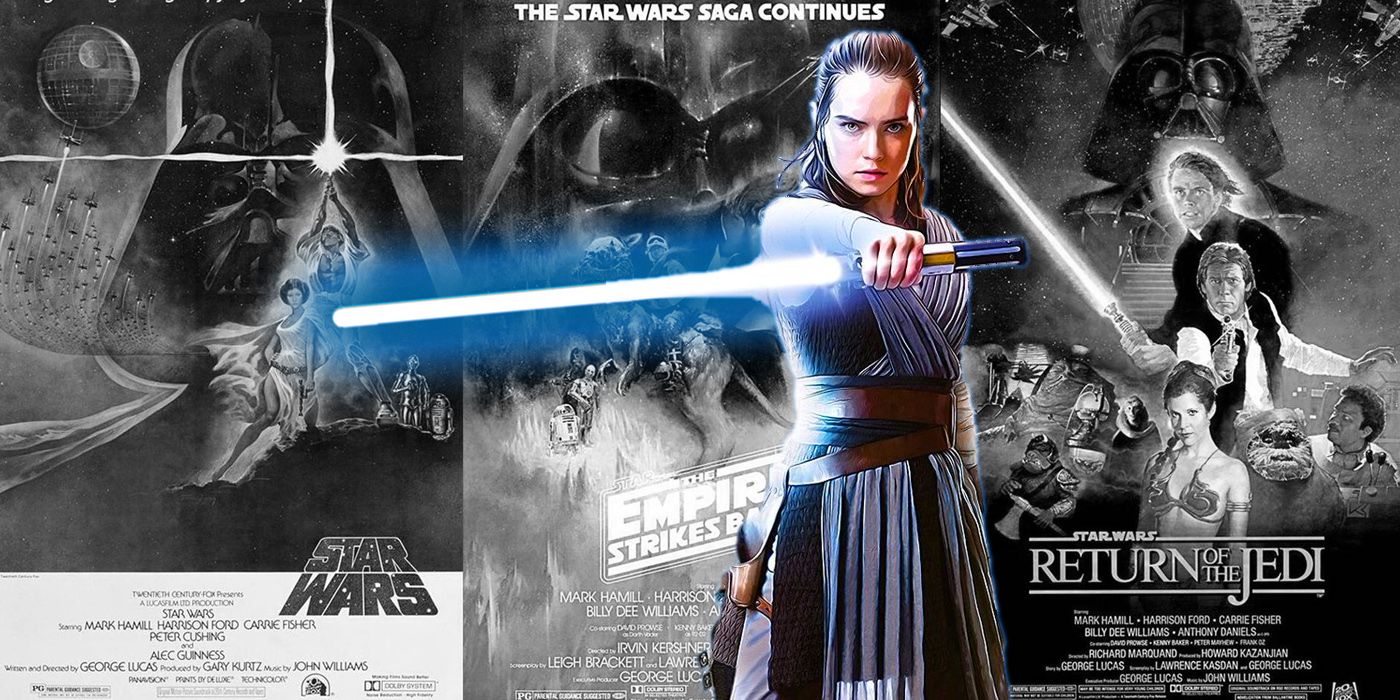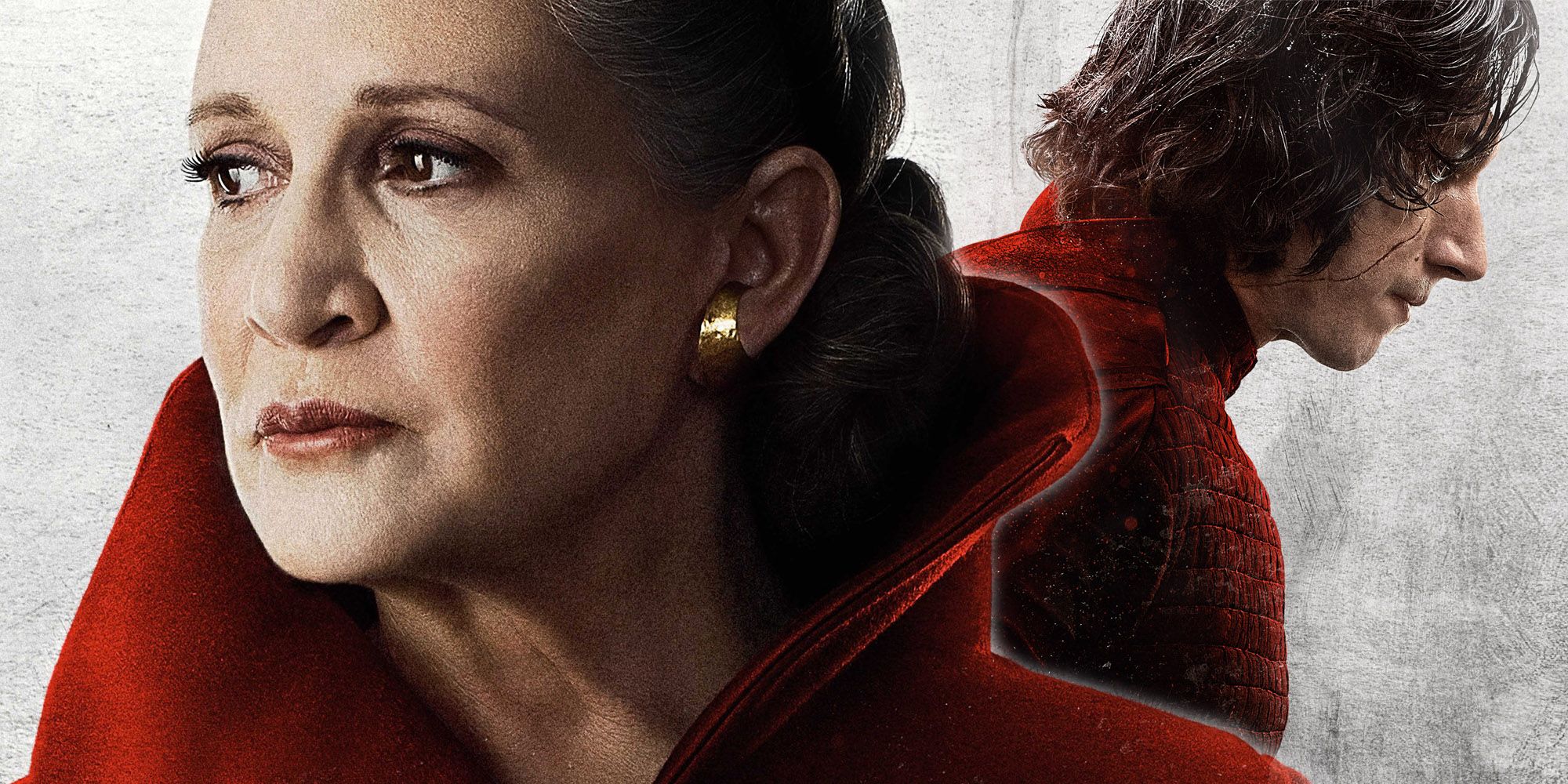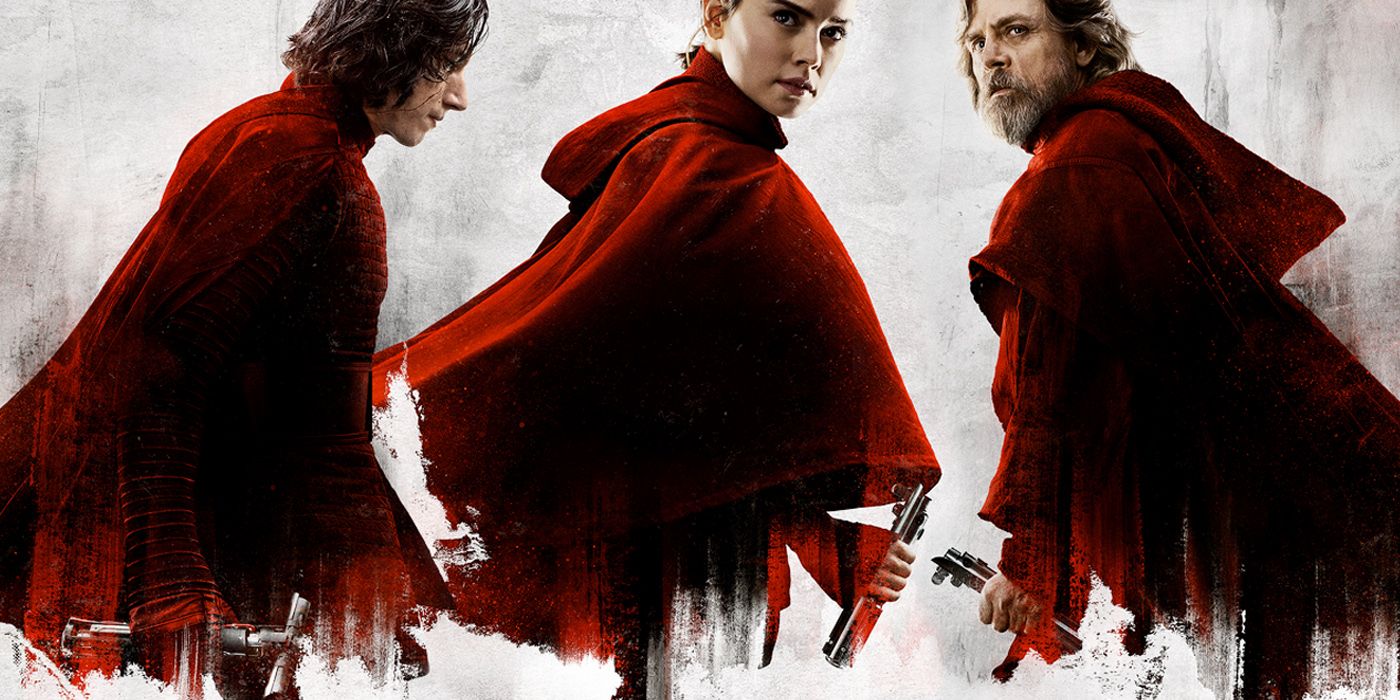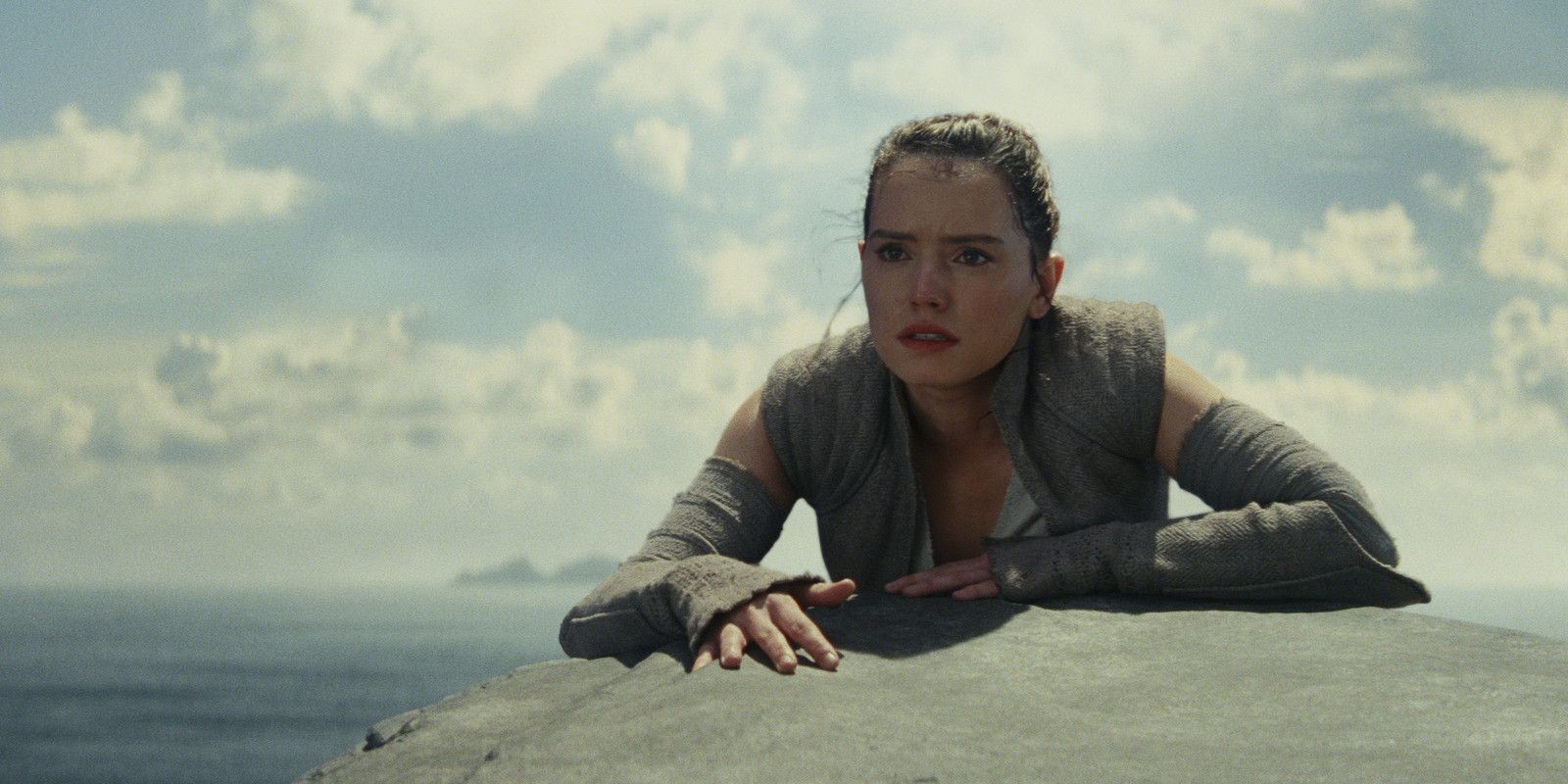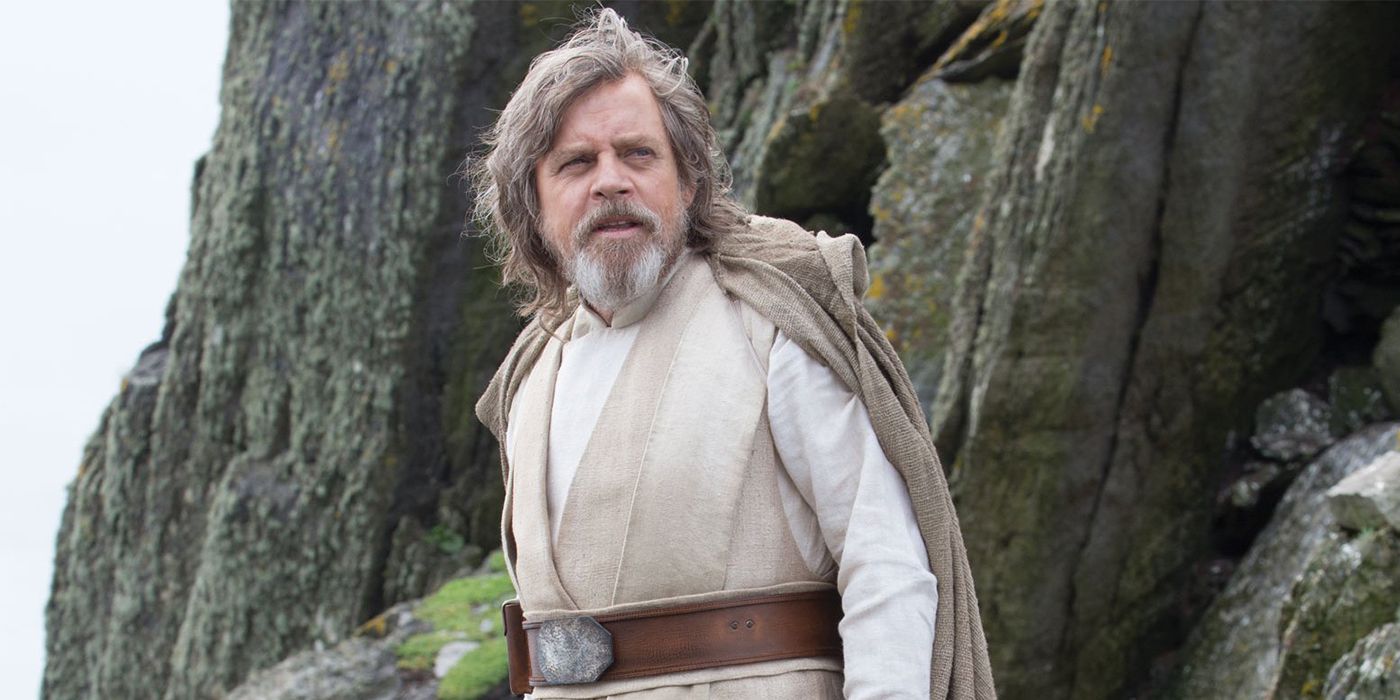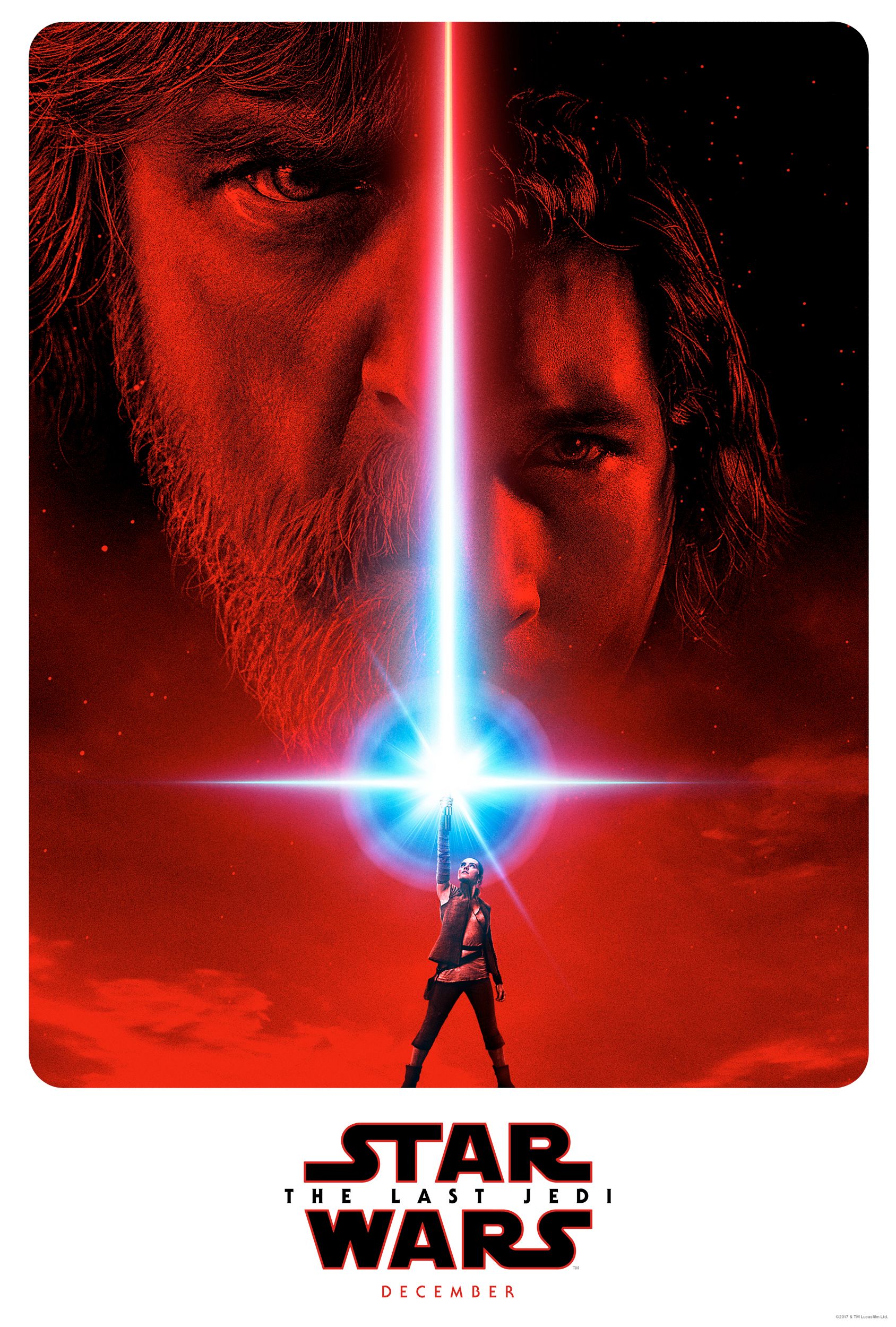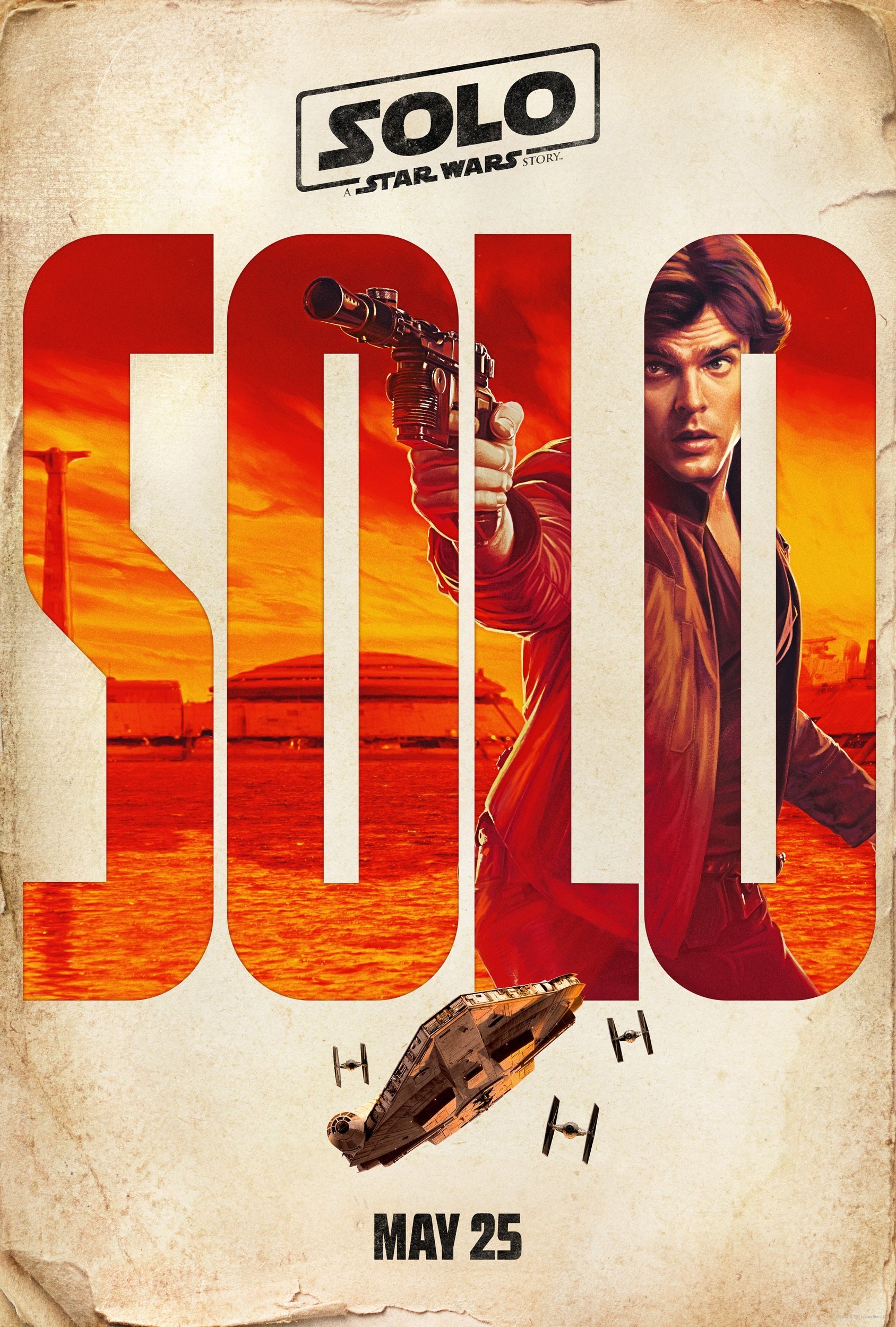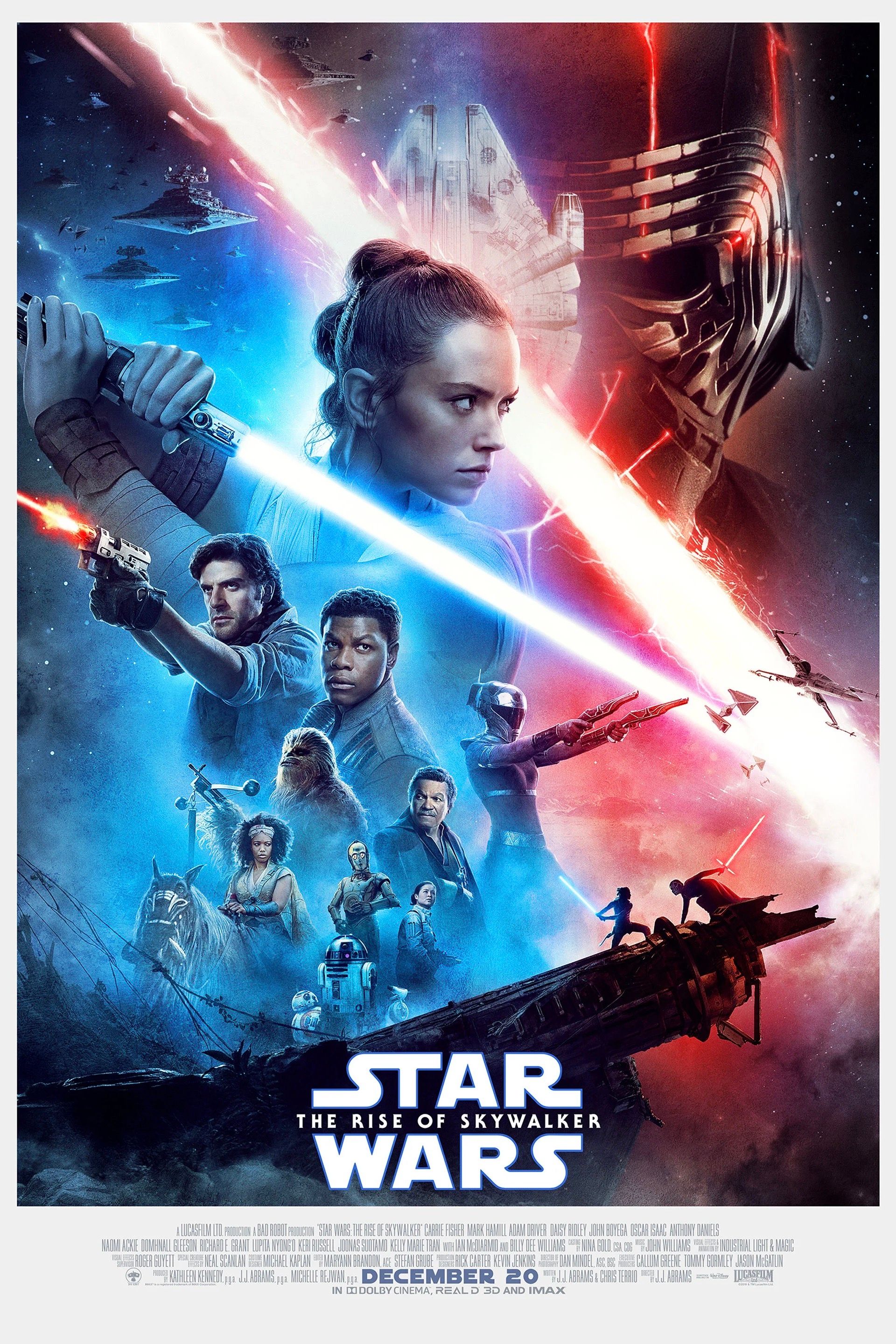Star Wars: The Last Jedi has had a mixed reaction from Star Wars fans and critics. Reviews have been overwhelmingly positive, yet a number of Star Wars fans left theaters perplexed or disappointed. What fans and critics can agree on is that The Last Jedi defies expectations, and presents the Star Wars universe like never before.
Perhaps by examining those expectations, it is possible to reconcile The Last Jedi's strengths and weaknesses as a film; perhaps the problem is not The Last Jedi as a film so much as The Last Jedi as Episode VIII in the Star Wars saga. The Last Jedi is a great film, with captivating characters and beautiful visuals, but that doesn't mean that it's a good Star Wars film.
Related: The Last Jedi's Final Scene Changes Star Wars Forever (And For The Better)
In its attempts to redefine the Star Wars franchise, The Last Jedi ends up subverting the key themes of the series and fundamentally changing the Star Wars franchise's approach to storytelling.
The Last Jedi Is A Great Movie (This Page)
What Makes a Star Wars Movie?
As the original novelization of A New Hope begins:
œThey were in the wrong place at the wrong time. Naturally they became heroes.
-Leia Organa of Alderaan, Senator
Star Wars has always centered itself on the hero's journey, when an individual rises to meet their destiny. Star Wars, as a pastiche film that combined Flash Gordon-style space opera with samurai and western films, embraces these tropes of heroes and destiny. Even when Star Wars is self-aware, referential, or humorous, it earnestly values heroism and fate.
Related: Star Wars: 16 Cameos You Completely Missed In The Last Jedi
George Lucas was inspired by Joseph Campbell's classic The Hero with a Thousand Faces, which charted the seventeen steps of the hero's journey, including the "Call to Adventure" and the "Meeting the Mentor". The original trilogy follows Luke Skywalker as he follows each of these steps on his way to becoming a Jedi. The original films believe in the extraordinary heroism of everyday people, but its roots in Campbell's book and the epic hero tradition also promotes a sense of fate or destiny. Luke is destined to save Darth Vader because he is Vader's son; similarly, Han Solo is destined to transform from a self-serving scoundrel into a Rebel hero.
While Star Wars overwhelmingly approaches good and evil (and light and dark) from a binary, the prequel trilogy and more recently Rogue One have complicated these simplistic notions. The prequel films are darker than the original trilogy, and the lines between hero and villain blur, but ultimately, the prequels tell another classic story: the fall of the tragic hero, as Anakin Skywalker transforms into Darth Vader.
The Last Jedi Was a Great Film
The Last Jedi delivers incredible twists and action sequences. Kylo Ren's betrayal of Supreme Leader Snoke and the ensuing lightsaber brawl had audiences on the edge of their seats. The reveal that Luke Skywalker has used the Force to project himself onto Crait from Ahch-To (and his subsequent death) was a shocking discovery. Admiral Holdo flying her ship through the First Order's flagship was visually stunning and emotionally moving.
The film has action, humor, strong performances from a stellar cast, and even at the longest run-time of any Star Wars film, it feels fresh and fast-paced. The Last Jedi is inventive and, especially in comparison with The Force Awakens, took risks. As a result, it delivered an exhilarating and original cinematic experience that seems unlike any blockbuster film in theaters. While not every risk worked in The Last Jedi, it's admirable nonetheless that Rian Johnson committed to creating such an innovative and often subversive film.
Related: Star Wars: The Last Jedi's Handling of Rey's Parents is Great
The Last Jedi also celebrates the power of Star Wars lore through the children on Canto Bight. Just as the stories of heroes in Star Wars have inspired countless children in our galaxy, the children of Canto Bight also see the stories of Luke Skywalker and the Rebellion as a rallying cry for hope and heroism. This heartfelt acknowledgment infuses the film with a retrospective admiration for previous Star Wars films, even as The Last Jedi sets itself apart.
Why The Last Jedi Isn't a Good Star Wars Film
In content and tone, The Last Jedi stands apart from previous Star Wars films; in fact, some parts of The Last Jedi could have been more effective if it wasn't a Star Wars film.
Take Episode VIII's central scenario - that the First Order is chasing a weakened Resistance fleet. This is all well and good, but to exist introduces elements that have never been a concern in prior Star Wars films; without tying in, it winds up feeling disjointed. Introducing fuel and hyperspace tracking could work within the universe-building of the film, but when compared to the larger Star Wars universe, the logic falls flat. It feels as though Rian Johnson has developed an elaborate rationale to create the scenario he wanted, rather than creating a narrative that fits within the Star Wars universe.
Related: Star Wars 8: Yoda Raises Some Problematic Questions
When you consider that the film also includes never-before-seen (on film) Force powers and reverts Luke's arc, it's easy to feel this doesn't quite stand as the next step of the epic journey 40 years ago.
The tone of The Last Jedi, is somewhat scattered, but key moments feel like they belong in other film or television franchises. The slow-speed chase as the Resistance worries about running out of fuel feels more an episode of Firefly or Battlestar Galactica. Leia surviving in space through the power of the Force directly (albeit inadvertently) calls to a scene from Guardians of the Galaxy.
Johnson also includes some dramatic fake-outs, where seemingly ceremonious reveals are purposefully undercut. When Rey presents Luke with a lightsaber, he throws it away and walks away from her without saying a word. When Kylo Ren reveals Rey's parentage, he tells her that her parents are nobody. These moments work within the film to comedic or dramatic effect respectively, but within the larger Star Wars frame, they both seem to self-consciously be commenting on Star Wars. The audience's expectation is that Star Wars is a hero's journey, where a person rises up to meet their destiny; The Last Jedi uses this to build up and then confound audience expectations. While this subversion is surprising, it does not resonate with previous entries.
The problem with this is not that Rey's parents have to be someone in order for her to be a hero. There are plenty of heroes, including Anakin Skywalker, whose parents are "nobody". Instead, the issue is that The Last Jedi seems to make the story about subverting expectations, rather than focusing on its characters' journey.
Related: Star Wars: The Last Jedi's Ending Explained
The Last Jedi's contrary message pushes and challenges the Star Wars universe by rejecting the saga's conceptions of heroes and destiny. Luke Skywalker fails to live up to his Jedi teachings, causing Kylo Ren's turn to the dark side. The Resistance plan fails not out of destiny or First Order machinations, but from the unlucky and somewhat arbitrary betrayal by the criminal DJ. The long-awaited reveal about Rey's parents renders them unimportant. In The Last Jedi, heroes fail the people who look up to them, and the only destiny that exists lives in the eyes of dreaming children. Yet with cameos from many a classic character - even Yoda as a throwback puppet - it tries to still be Star Wars.
-
The Last Jedi crafts an engaging narrative and conjures beautiful visual sequences - it just doesn't feel like Star Wars.
More: Star Wars: The Last Jedi's Characters Make a Lot of Bad Decisions

